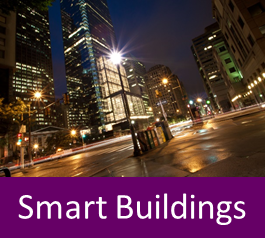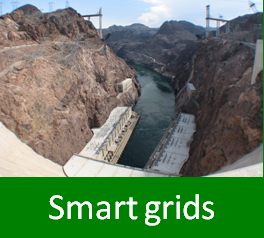CPS Applications
Here you can see some exmaples of how cyber-physical systems can be used in different application areas. Note that this is not a comprehensive list! Many CPS domains have great societal significance, meaning that improvements in our ability to deliver high quality, affordable, trustworthy CPSs can have substantial societal impact by improving precision and wastage in a number of domains.

CPSs are important for many areas of transport, from managing integrated public transport, well-managed road networks and dependable aviation. All of these areas rely on interoperating, independent systems, including widely distributed devices operating in often hostile environments, intelligent software, interations with humans as system operators as well as drivers and passengers, and strong requirements for dependability and trustworthiness.

We face significant challenges over the next decades, as we strive to deliver high quality, traceable food in sufficient quantities for all, whilst minimising environment impact. Modern farms employ distributed sensors and intelligent software systems to form complex and responsive CPS systems, which can analyse conditions to deliver maximum possible yield with minimum environmental damage.

Modern architectural ambitions go beyond simple temperature and humidity monitoring. Buildings of the future will employ a diverse collection of inputs including real-time analysis of occupants' current requirements, coupled with weather predictions and information about time of day and building usage to deliver comfortable buildings with the smallest possible energy footprint.

Providing sufficient energy to satisfy demands, without wastage, is a key challenge for our power grids over the coming decades. Smart grids are one option for tackling this problem. Smart grids employ varied devices and software to smooth peaks and troughs in the demand for power - for example, by allowing consumers to manage their consumption requirements intelligently.

